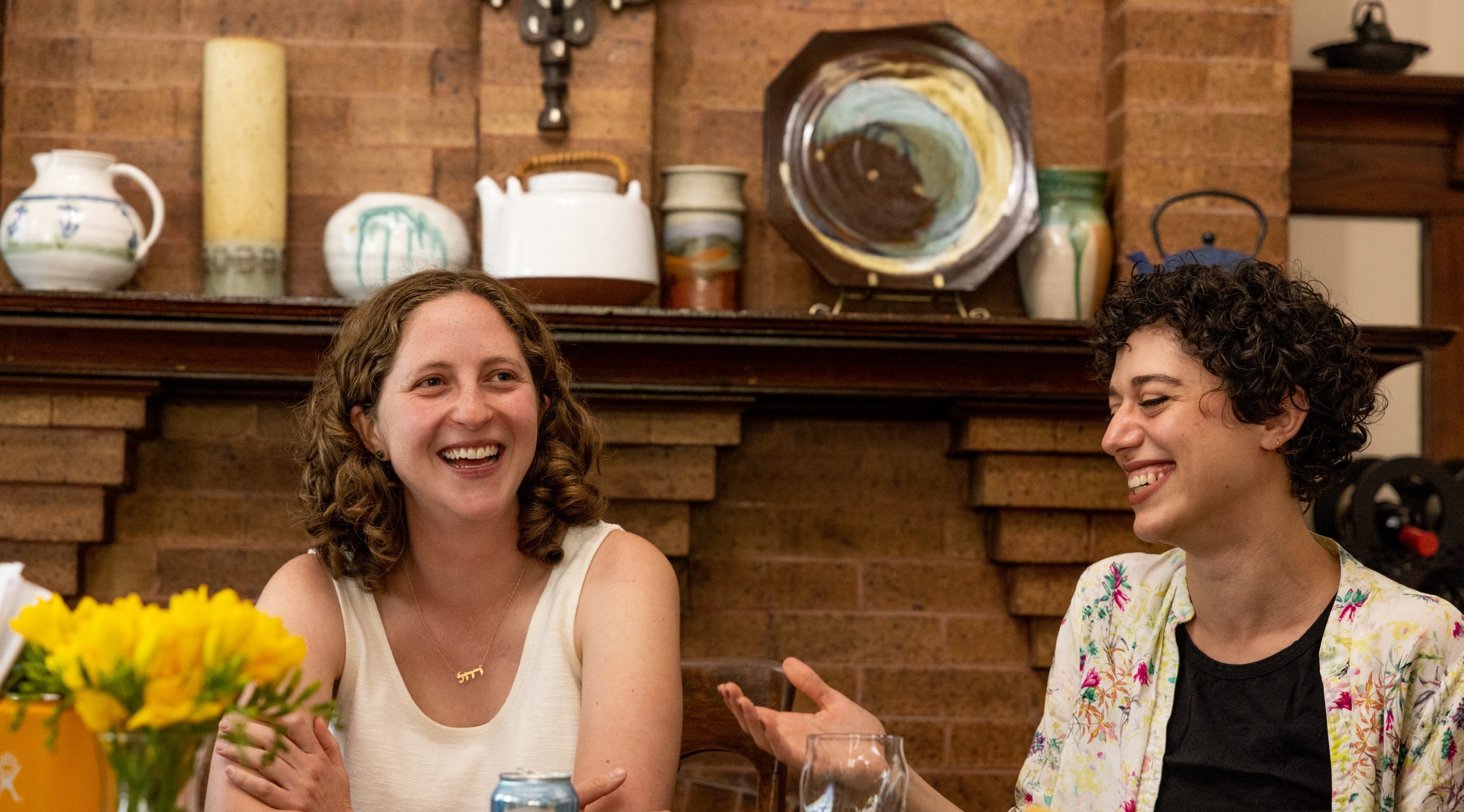There is something about waning that draws the attention to change in ways that waxing does not. It is in the evening liturgy, not the morning prayers, that we remind ourselves about the ordered orbits of the constellations and the way that light rolls away from darkness and darkness from light. When the day is new and light is abundant, we prefer to speak about renewal. But in the gathering darkness, we name it for what it is: change.
Similarly, it is during Sukkot and the palpably shortening days that we revisit Kohelet’s words about the ephemeral nature of life. There is a time for everything – and everything passes so quickly.
In addition to the transition to the darker, colder time in the Northern Hemisphere, we are noticing other changes, as well. Our beloved teacher, Rabbi Sheila Weinberg, is beginning to teach less for the Institute; she will be formally leaving the staff at the end of the year, although she will continue to teach in a variety of contexts, including the Jewish Mindfulness Meditation Teacher Training program. And in the larger community, the recent Pew study has found that cherished forms of Judaism in America are falling away.
We might see these changes as wanings. But, as Sheila herself, as well as Rabbi Art Green, discuss, the liturgy has it right. Darkness and light make way for each other. Familiar forms shift. New ones arise. Our practices teach us to pay attention with friendly curiosity. What is happening now? What will happen next?
One of Sheila’s most quoted stories is about a woman who suffered a stroke. She was left with two words in her vocabulary: “unexpectedly” and “temporarily.” And really, what else is there to say? We are constantly being surprised and change is constantly in and around us.
But perhaps there is one more word to add to the spiritual lexicon: “love.” Love for our teachers and fellow travelers, love for the ever-evolving world, love for our always surprising lives, love for the Divine that moves through it all. Love that transcends all the waxing and waning.


